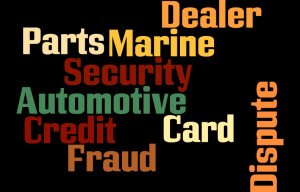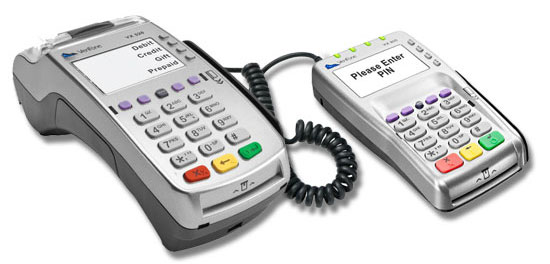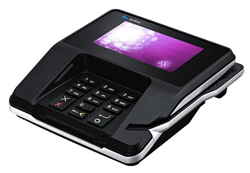ALBANY, NEW YORK – Hugo Hernandez, age 34, of Miami Lakes, Florida, pled guilty today to a superseding indictment charging him with being part of access device fraud and money laundering conspiracies for his roles in a nationwide gas station skimming scheme that involved stealing banking and personal information of residents in and around the Northern District of New York, as well as multiple other parts of the country, who used the “pay at the pump” feature to make gasoline purchases.
The announcement was made by United States Attorney Carla B. Freedman; Janeen DiGuiseppi, Special Agent in Charge of the Albany Field Office of the Federal Bureau of Investigation (FBI); and Inspector in Charge Ketty Larco-Ward, Boston Division, United States Postal Inspection Service (USPIS).
As part of his guilty plea, Hernandez admitted that between December 2015 and July 2019, he conspired with others to commit access device fraud by building skimming devices designed to steal gas station customer information, installing those devices inside gas pumps in Albany, Broome, and Montgomery Counties, and elsewhere, and then using the information collected by those devices to create fake credit and debit cards. The fake cards were used to obtain money orders, gift cards, cash, and other things of value.
Hernandez also admitted to being part of a conspiracy to launder funds obtained through the access device fraud conspiracy, and, in facilitating that conspiracy, causing at least 162 money orders, worth $173,257, to be deposited into a bank account he controlled. As part of his plea agreement, Hernandez agreed to be subject to a forfeiture money judgment in the amount of $173,257.
A sentencing hearing is set to take place on March 1, 2022, before Senior United States District Judge Gary L. Sharpe. Hernandez faces up to 20 years in prison; a fine of up to $500,000 or twice the value of the property involved in the transaction, whichever is greater; and up to 3 years of supervised release. A defendant’s sentence is imposed by a judge based on the particular statute the defendant is charged with violating, the U.S. Sentencing Guidelines and other factors.
This case was investigated by the FBI Albany Field Office and USPIS Boston Division, with assistance from the FBI Field Offices in Miami, Pittsburgh, and San Juan, the USPIS Miami Division, the United States Secret Service Miami Field Office, as well as the New York State Department of Agriculture, Division of Weights and Measures. The case is being prosecuted by Assistant U.S. Attorneys Rick Belliss and Emily C. Powers.

 Credit card fraud is still rampant in the US, even after US EMV liability shift convinced many merchants to purchase terminals to support chip cards. Marine, auto, and other high value parts dealers have long had a problem mitigating fraud risk with local and international parts.
Credit card fraud is still rampant in the US, even after US EMV liability shift convinced many merchants to purchase terminals to support chip cards. Marine, auto, and other high value parts dealers have long had a problem mitigating fraud risk with local and international parts.
